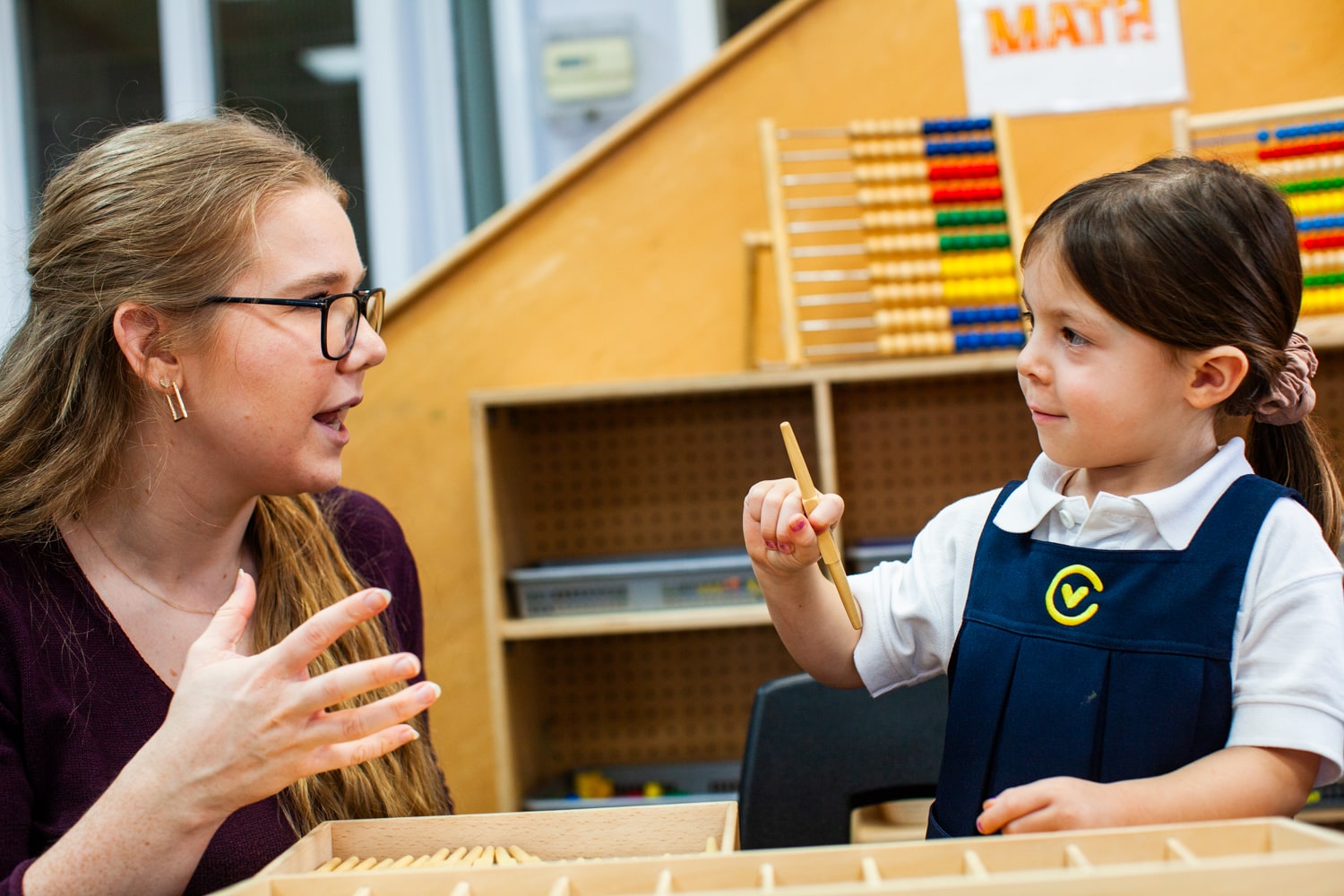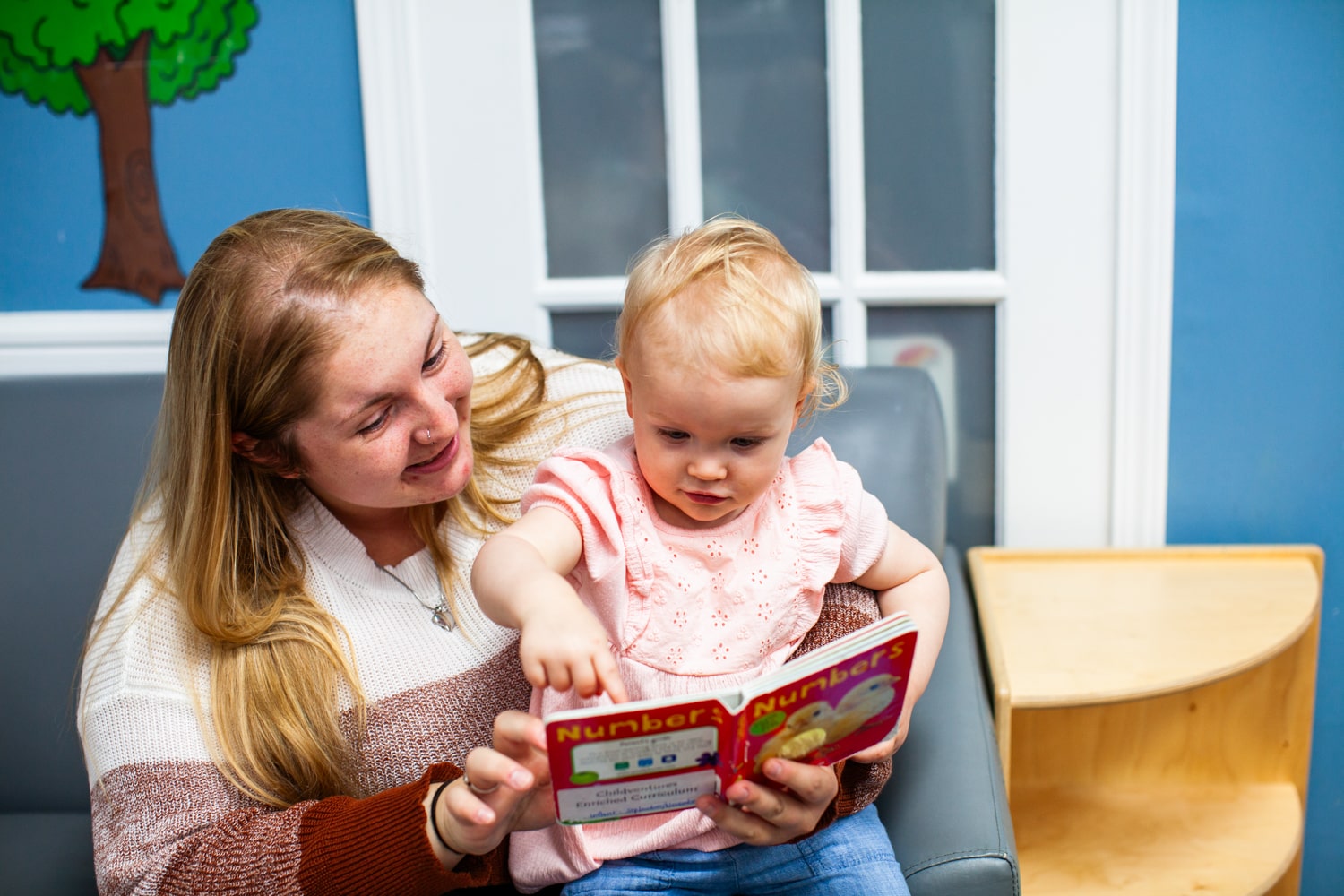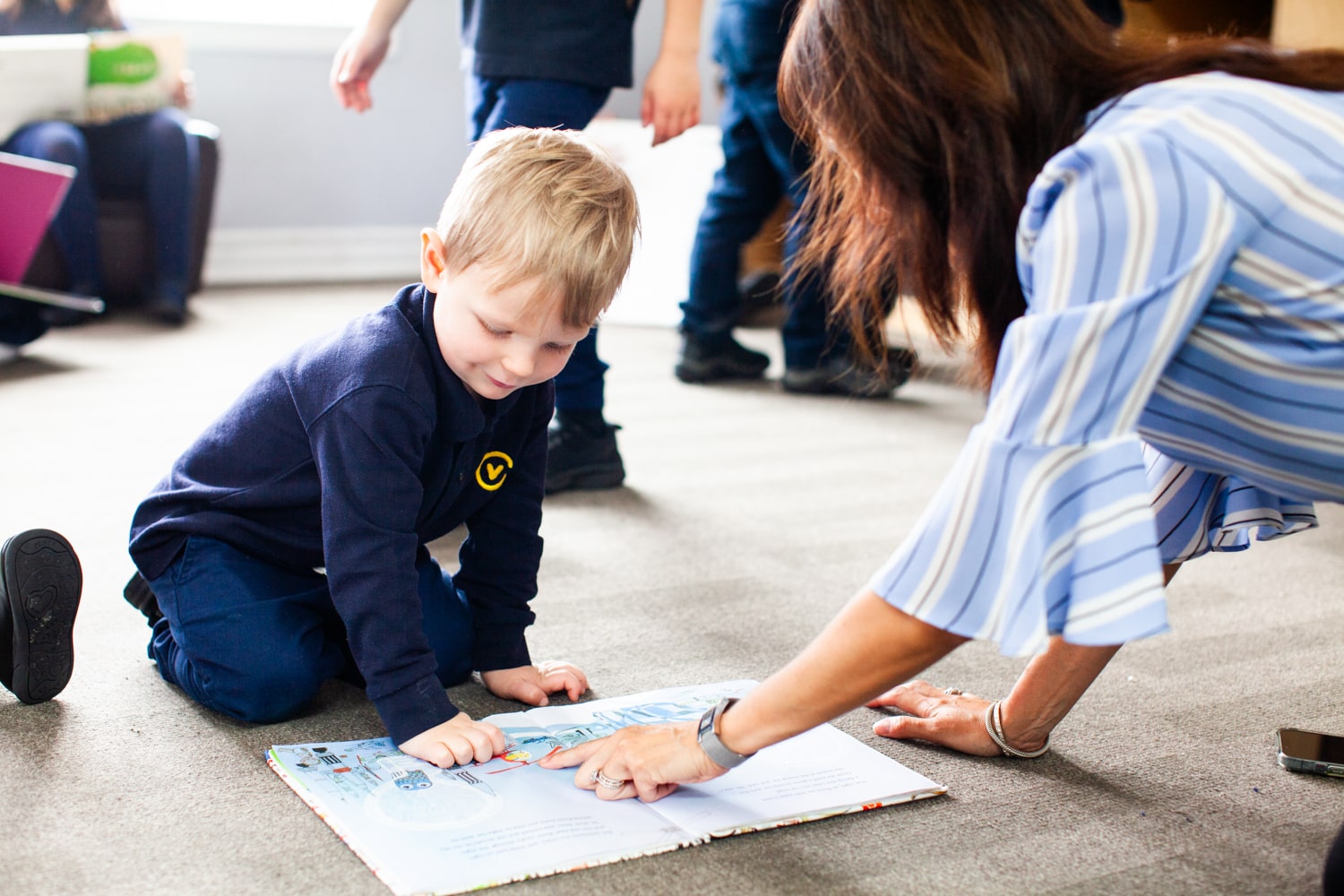There are incredible benefits to introducing music in early childhood education programs. Firstly, it develops an early appreciation of music but it also has amazing cognitive, developmental and emotional benefits too. Based on a McMaster University study in 2012, they discovered that babies who partook in music classes with their parents in their first year of life “smile more, communicate better and show earlier and more sophisticated brain responses to music.” Through music classes that encourage participation, infants are exposed to activities that help develop their motor, language skills and social skills. These skills stimulate their brains and further development.
Here are 7 amazing benefits of music in early childhood education:
1. Development of Social Skills
Music in early childhood can be used to help infants understand different emotions such as happiness, sadness and anger. This provides a solid foundation of emotional understanding which assists in social skills. By conveying those emotions through song and also combining it with parent interaction babies can become familiar with these feelings early on and boost their own emotional awareness.
Similarly, another study by McMaster University found that moving in sync to music with others helps toddlers develop social bonds.
2. Increase Motor Skills
As infants discover new instruments, they learn how to play them and how to make the sounds they want. By playing an instrument like the tambourine or having your baby grip a beater and guide their hands over xylophone keys, infants can develop their motor skills. As they develop, you will then notice the infant refining their skills further to make their own music.
3. Sensory Awareness
The combination of sensory awareness and motor control is central to a baby’s overall development. They learn to identify different sounds and develop movements which are necessary for learning to talk, sing and play instruments.
4. Language Progression
Accessible activities like music expose children to language. Singing can prompt babies to join in, in their own way. Research shows that gabbing attempts, even if it’s just babbling, is good for babies’ brains and can even give them a head start in school.
5. Emotional Regulation
Singing favourite songs help to create healthy associations between the music and positive experience. As parents, music classes can help teach parents how to soothe their babies through music. Music in early childhood is also an important means for expression and self-regulation. It helps children to be aware of their own emotions, and how to regulate their emotions with things that make them happy.
6. Music in Early Childhood Brain Development
In a study by the University of Washington, they discovered that musical play helps activate areas of the brain involved in music and speech processing, as well as other cognitive skills such as attention control and observing patterns. When looking at the responses to music of two different groups of babies, the study found the group who participated in musical activities showed a stronger response to changes in the music than the group who played with toys with background music playing.
A similar McMaster study supports this, showing that while infants seem to be naturally drawn to rhythms and steady beats, babies who attend music classes show more responsiveness than those who do not.
7. Parent-Child Bonding
Spending quality time with your child is important to in order to strengthen emotional connections. According to a study from the University of Miami, even something as simple as singing to your child can build a stronger bond. Babies engage more with being sung to than just listening to music alone. Moreover, mothers have a natural ability to adjust their singing to keep their baby’s attention – which really is quite amazing!
At Childventures, we have specialty rooms that allow children to immerse themselves in creative interests. They include music, art, drama and computer/library rooms and a gym. Book a tour to learn more!


